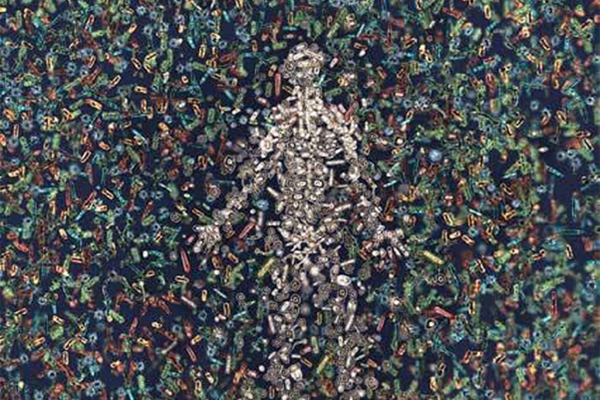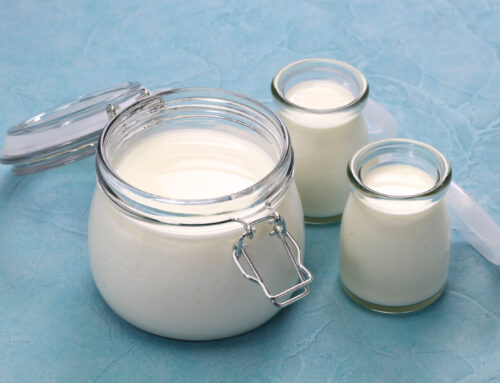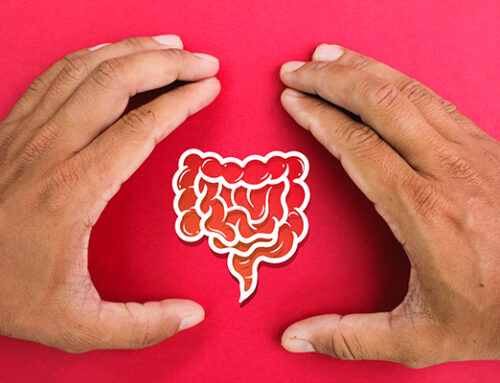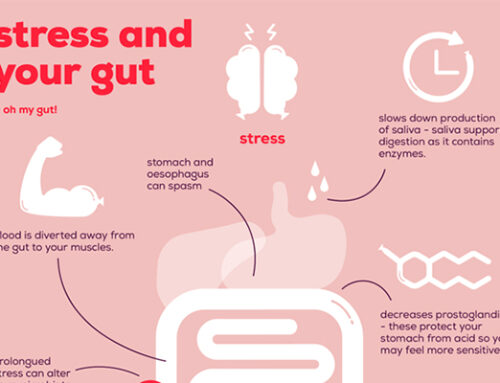
Gut Health
Digestion is a complex process of turning food and liquid into smaller components – nutrients that the body needs for proper function. The body uses these essential nutrients for growth, cell repair, and energy. The health of the digestive system can contribute to hormonal balance, reduce inflammation, prevent diseases, improve brain health, boost the immune system and contribute to our wellbeing.
Therefore, the digestive system has a tremendous impact on overall health. Gut microbiome testing can tell us if our body is fully digesting our food, absorbing all the nutrients properly, to find out what is causing symptoms and inflammation.
Common Digestive Symptoms
If you’re experiencing any unpleasant digestive symptoms, you are not alone. The number of individuals suffering from such discomfort is increasing every year. Heartburn, nausea, cramps, bloating, constipation, diarrhea are common symptoms we face every day.
Although they can sometimes be harmless, they are very annoying and uncomfortable, especially if they are long-lasting. We often relate indigestion to other conditions, and so many people experience several problems. No wonder we’re desperate to ease discomfort.
Researchers estimate that over 20% of Americans suffer from gastroesophageal reflux disease (GERD). It makes over-the-counter medications for GERD the third top-selling drug category.
Diets and eating habits can significantly contribute to digestive problems, the development of diseases, and worsen the existing condition. Our body is sending signals that something is wrong, so we need to listen. OTC medications are not a permanent solution.
Many patients infected by COVID-19 complained about digestive symptoms, such as nausea, stomach pain, vomiting, and diarrhea.
What is Dysbiosis?
The gastrointestinal tract is full of colonies of both “good” and “bad” bacteria. Other tiny organisms that live inside the digestive system are fungi, viruses, parasites, and other microorganisms. They all make our intestinal flora, also called the gut microbiome.
The human body is full of colonies of probiotics or beneficial bacteria that positively affect our gut and keep us healthy. If these bacterial colonies are out of balance, it can lead to a disorder called dysbiosis.
Dysbiosis is a disorder of the intestinal microflora that commonly affects a person’s digestive tract. It usually occurs when bacteria in the gastrointestinal tract are unbalanced. Some effects of intestinal dysbiosis are temporary and mild. Dysbiosis can be associated with many diseases, including metabolic syndrome, polycystic ovary syndrome, chronic gastrointestinal diseases and disorders, allergies, asthma, autoimmune diseases, and autism.
Many studies point to the influence of the microbiota on our genes, the possibility of modifying gene expression called epigenetics, one of the most exciting scientific fields today.
What Can Cause Digestive Dysfunction and Dysbiosis?
An unhealthy lifestyle can have a detrimental impact on intestinal microflora. Disrupted intestinal flora leads to many dysfunctions and diseases. Common causes are:
1. Stress – Chronic stress increases the number of hormones associated with the immune system and creates an environment in the intestines susceptible to dysbiosis.
2. Food sensitivities – Certain food can cause inflammation and damage our gastrointestinal tract, leading to intestinal permeability or leaky gut. Damaging intestinal mucosa can be very dangerous and can lead to many health problems.
3. Antibiotics – Antibiotics work by killing all bacteria in the intestine, even the good ones. Excessive use of antibiotics can cause the bacteria to develop resistance.
4. Medications–Common medications, including NSAIDs, oral contraceptives, reflux medications, laxatives, can alter our gut microbiome.
5. Infections–Pathogenic bacteria, yeast, can affect digestive function and the microbiome.
6. Chlorine–Chlorine kills harmful bacteria in the water, but it can also kill “good” bacteria in our gut.
7. Toxins–Exposure to heavy metals, pesticides, and other toxic environmental agents can affect the gut microbiome. They associate with the development of metabolic, malignant, inflammatory, or immune diseases.
8. Low stomach acid–Low stomach acid can lead to slow digestive activity and cause bacteria to build up, leading to stomach pain, gas, and bloating.
9. Low-fiber diet–Fiber provides prebiotic or food for “good” bacteria. Without enough food, levels decline. Food rich in fiber helps with regularity.
Who Benefits From Gut Healing?
Many people often complain about various ailments. We take medication or supplements, feel tired, and often attribute the pain to stress or fatigue. Poor digestion often leads to unnecessary retention of harmful substances in the body, reduces the efficiency of the defense system, and endangers health.
With these factors contributing to digestive symptoms, it’s no surprise that gut issues affect so many people. Even if symptoms aren’t that painful, it is still worth looking into their causes.
Our digestive system can affect a lot of conditions and diseases that we may not be aware of; such as
• Infections (viral, bacterial, yeast, or parasitic infections),
• IBS (Irritable Bowel Syndrome),
• IBD (Inflammatory bowel disease),
• Depression and anxiety,
• Autoimmune diseases (arthritis, skin conditions: eczema, psoriasis),
• Weaken the immune system,
• Migraines,
• Memory and cognitive impairment,
• Poor detoxification,
• Hormonal imbalance,
• Food allergies,
• Toxin exposures,
• Nutrient deficiencies.

The 5Rs–Gut Restoration Program
5R protocol refers to: Remove, Replace, Reinoculate, Repair, and Rebalance.
Remove
Removing anything irritating or damaging to the gastrointestinal tract. Including:
• The food you are sensitive to, have a reaction to, or intolerance.
• Remove processed food, food with additives, and artificial sweeteners.
• Remove medications, such as heartburn medication, NSAIDs, laxatives, which cause digestive dysfunction. Consult with your doctor about the prescription medication before making changes.
• Treat gut infections (bacteria, parasites, and other pathogens)
Replace
In this step, we put in what is missing for healthy gut function.
• Hydrochloric acid and pepsin
• Digestive enzymes supplements (they break down proteins and carbohydrates)
• Bile salts (help with the digestion of fat)
• Digestive bitters (stimulate the production of acid and enzymes)
Repair
This step involves creating an environment that supports healing and long-term relief. We encourage the repair of the intestinal cells and mucosa, reducing inflammation with specific nutrients. Including:
• Foods high in vitamins (A, C, D) and minerals (zinc)
• Supplements such as l-glutamine, collagen, Omega-3 fatty acids, aloe vera, marshmallow.
Reinoculate
• Reinoculate (repopulate) the beneficial bacteria that construct the microbiome.
• Repopulate beneficial bacteria with probiotic supplements and fermented foods.
• Increase prebiotic, the food for probiotics, and establish robust colonies. Probiotic foods include berries, artichokes, onions, garlic, bananas, leafy green veggies, etc.
• Probiotic fiber supplements.
Rebalance
Rebalance means looking deeper into the complications that caused the imbalances. Keep the digestive tract healthy by movement, prioritizing sleep, and stress management. Meditation, yoga, and breathing exercises can also improve your digestion. The main benefit of the 5R protocol is healing the gut to establish a balance of the digestive system. Our gastrointestinal tract communicates with the brain through nerves and hormones and represents a mirror of our general health.







